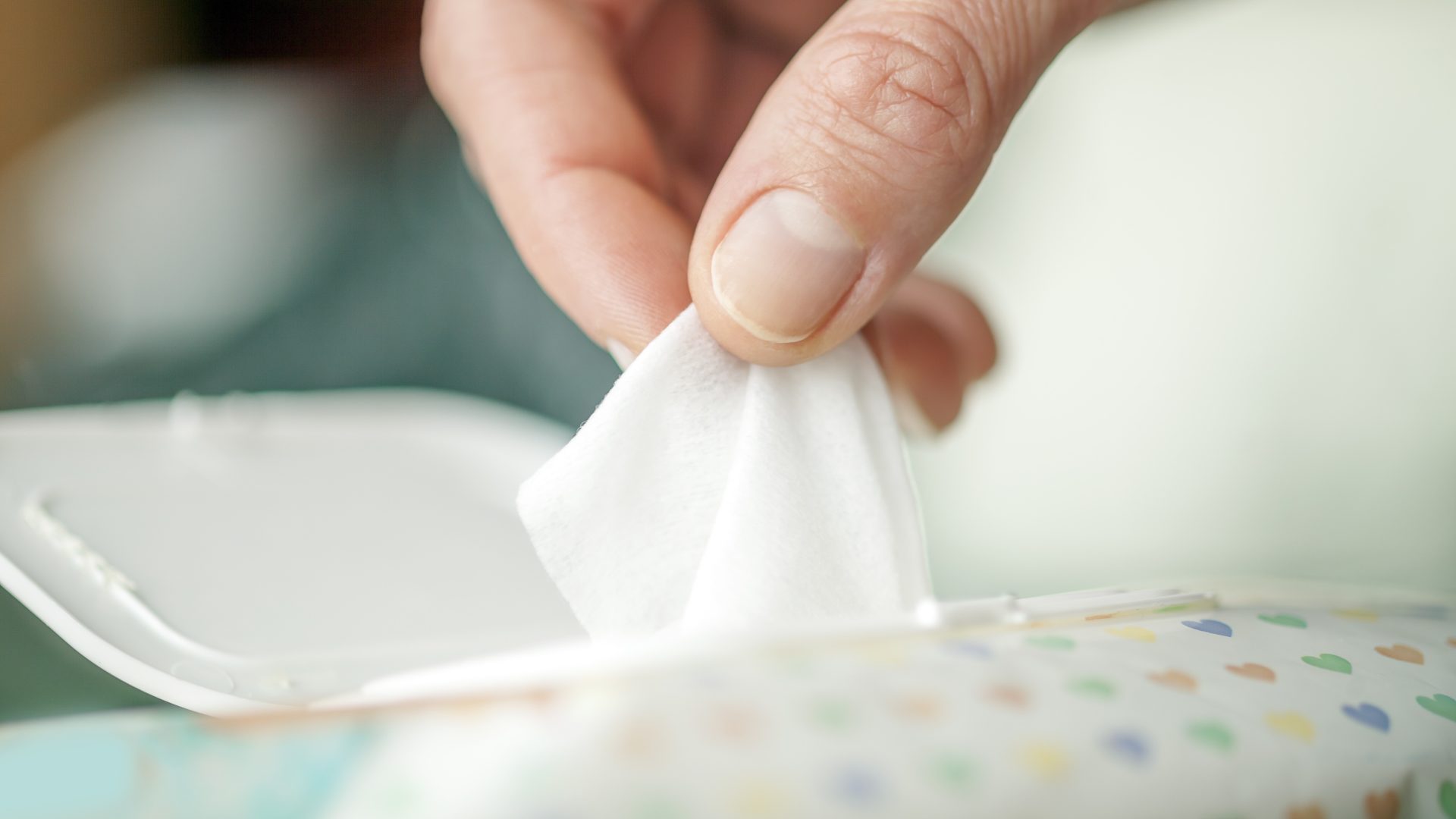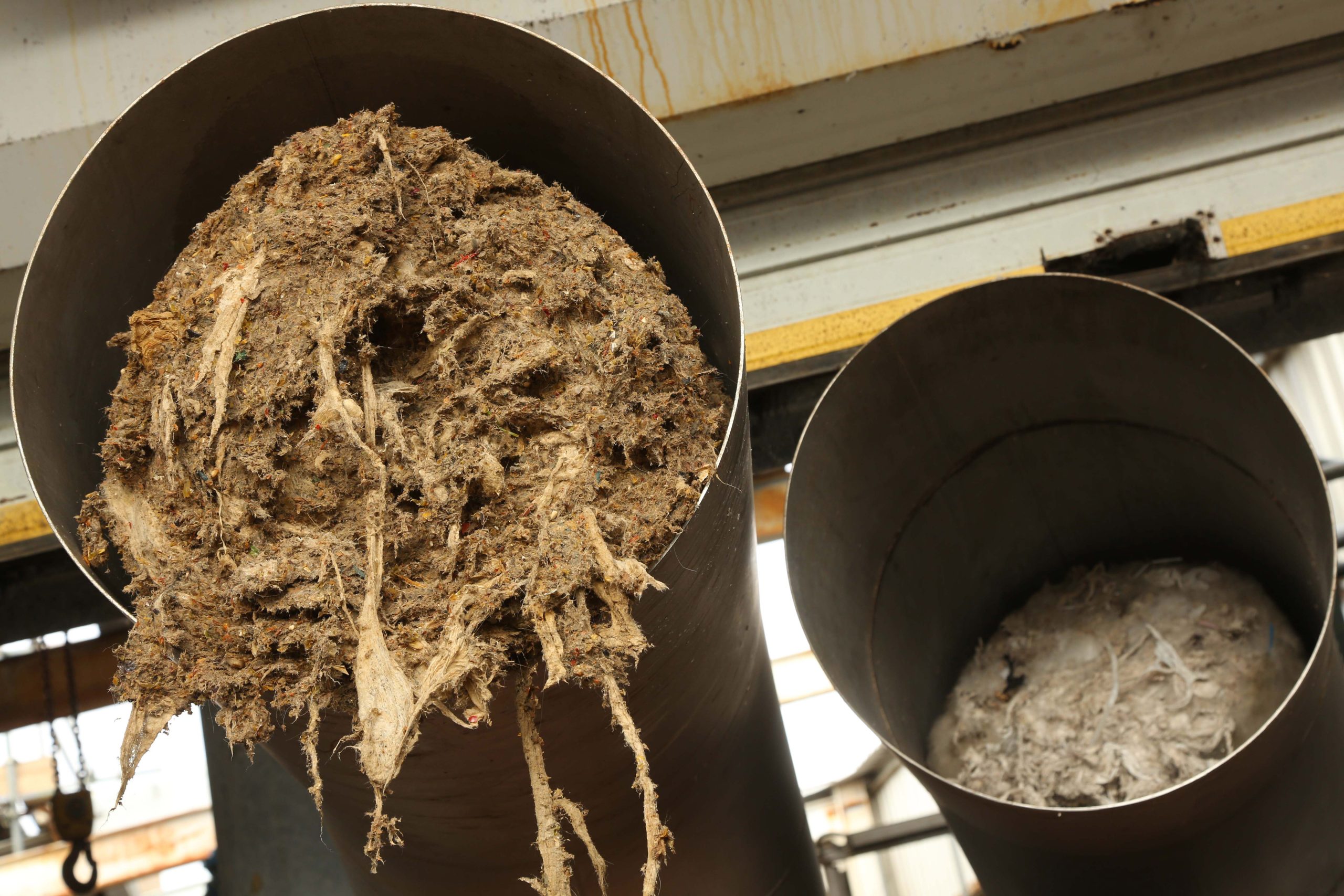Southern Water is backing the Government’s continued efforts to reduce plastics pollution – as a consultation on the ban of wet wipes comes to a close.
Views on the manufacture, sale and supply of wet wipes containing plastics can be provided until 25th November 2023.
So far this year Southern Water have cleared 20,080 blockages, of which nearly 40% were wet wipes and sanitary items.
Most wet wipes do not break down in water and are often disposed of incorrectly. Alongside fats, oils, grease, wet wipes are a frequent cause of sewer blockages, causing pollution and flooding.
Wipes marketed as flushable, which are intended to breakdown in the sewer, often shed fibres or, for those containing plastics, slowly breakdown into microplastics risking pollution to land, rivers and the sea.
Anne-Marie McDonald, Head of Operational Planning and Improvement at Southern Water, said:
“We welcome the Government’s consultation on banning wet wipes containing plastic. The plastic in wet wipes is polluting our environment, blocks our sewers and contaminates our waterways. We employ teams across the Southeast to tackle blocked sewers, where wet wipes are a major factor. Wet wipes are one of the biggest causes of blockages in sewers and at wastewater treatment works.”




